
Transcription
Johnny E. Mahaffey
The Novelist Portent
February 14, 2019
Reply ID: 9ciw
"We Make Our Present"
REPLY TO: danielle
Dear Danielle,
Now, I get to say WOW!
You have no idea what your words have done for me.
I don't know who you are, but I hope that you continue to read my writing, and always feel welcome to post comments.
I have just recently received your words, and I must say, I like every sentence that I have read. You are very kind, intelligent, and can articulate your own thoughts perfectly.
I think one of the points I wanted to make here, is that we can't all quite pass judgment on one another, when in truth, we are all products of our Time, environment, and biological factors, all bundled up into one big vessel of contradictions. Our "consciousness" merely along for the ride in most cases.
TIME
Philosophers have long argued about the nature of time. Some philosophers, notably German philosopher Immanuel Kant, have proposed that newborn babies may experience the passage of time. Others have proposed that the human mind must learn to construct time. For example, French philosopher Henri Bergson thought of time as something entirely derived from experience. In Bergson's doctoral dissertation, Time and Free Will (1889; translated 1910), he proposed that time is a matter of subjective experience. According to Bergson, an infant would not experience time directly but rather would have to learn how to experience it.
FORMATION AND DEVELOPMENT OF PERSONALITY
Heredity and environment interact to form personality. From the earliest age, infants differ widely because of variables that either are inherited or result from conditions of pregnancy and birth. Some infants are more attentive than others, for example, whereas some are more active. These differences can influence how parents respond to the infant - one illustration of how hereditary conditions affect environmental ones. Among the personality characteristics that are known to be at least partly determined by heredity are intelligence and temperament; some forms of psychopathology are also in part hereditary.
In addition to the influences of heredity, what happens to a developing child has a greater or lesser effect depending on when it happens. Many psychologists believe that critical periods exist in personality development. These are periods when an individual is more sensitive to a particular type of environmental event. During one period, for example, language ability changes most rapidly; during another, the capacity for guilt is most likely to be developing.
Most experts believe that a child's experiences in the family are crucial for personality development. How well basic needs are met in infancy, along with later patterns of child rearing, can leave a permanent mark on personality. Children whose toilet training is started too early or carried out too rigidly, for example, may become defiant. Children learn behavior appropriate to their sex by identifying with their same-sex parent; a warm relationship with that parent facilitates such learning. Children are also influenced by their siblings.
Some authorities emphasize the role of social and cultural traditions in personality development. In describing the behavior of members of two New Guinea tribes, for example, the American anthropologist Margaret Mead demonstrated this cultural relationship. Although the tribes are of the same racial stock and live in the same area, one group is peaceful, friendly, and cooperative, whereas the other group is assertive, hostile, and competitive.
Traditionally, psychologists hold that the traits of an individual combine to form a personality, and that this personality shows great consistency over time. Recently, however, many psychologists have argued that traits exist only in the eye of the beholder, and that a person's personality varies with the situation.
EXCERPTED FROM: Microsoft Encarta
I think that last line, is the most crucial of the excerpt.
I hope I haven't taken this all too far, it's just that SPACETIME is a favorite subject of mine.
Here is another mind boggler, from the "block universe" concept:
The philosopher Michael Lockwood wrote: "a person who is not living NOW, but did or will live at other times, exists in just as substantial a sense as someone who does not live HERE, but only at some other place... Regarded in this light, death is not the deletion of a person's existence. It is an event, merely, that marks the outer limit of that person's extension in one (timelike) spatio-temporal direction, just as the person's skin marks the outer limit in other (spacelike) directions." If we take this perspective seriously, then a loved one who has died must be considered "still" alive, just as a friend who lives in a different country is alive but (in the absence of phones and e-mail and such) out of reach. "Einstein is urging us to regard those living in times past, like those living in foreign parts, as equally OUT THERE in space-time, enjoying the same flesh-and-blood existence as ourselves," Lockwood wrote. "It is simply that they and we inhabit different regions of the continuum."
--Dan Falk, In Search of Time: The Science of a Curious Dimension p. 282
Now, with all of that said - consider the fact that our "free will" or "determination" is in truth, irrelevant in the scope of Time. Time being a human construct, no different than the measurement of an inch; and quite possibly existing in such a way that past, present, and future each hold equal rights in reality.
What I wonder, at times, is if this is true -- and time is not quite as linear as we believe, then is it possible for the spacetimes to... clash, overlap, or... communicate? Entanglement between the blocks, allowing things like eerie deja vu, because we are sensing the spooky action in ACTION. Our discernment of it, dependent on our place along the Arrow of time? Or, that we are simultaneous?
Have you ever had that eerie feeling, the feeling of a premonition that you experience -- the one you don't tell anyone about -- because, it's just too weird, and who would believe you anyways? That you know what's to come, you sense it, because you've done it already -- as if your future block-self is entangled with your present, and past selves.
With all of this, are any of us, really ANYONE? Or are we enslaved by biological, and societal factors? All part of some Borg collective in disguise... My friend Amber that passed away, is she only gone, changed molecular constitution and energy interaction for this block; while past blocks of time along the arrow still exist, entangled to us now? Existing forever... Just as we are entangled to our own past self, and our future self, all the way PAST our future end, as our constituents will continue to interact with the Universe no matter WHAT their form... It all puts current, petty differences and dramas, in a different perspective. It puts Life, in a different perspective.
M
Other posts by this author
|
2025 dec 27
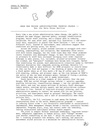
|
2025 dec 3
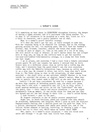
|
2025 nov 30
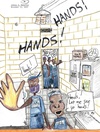
|
2025 oct 26
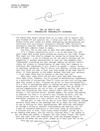
|
2025 oct 9
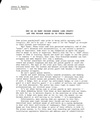
|
2025 oct 8
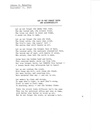
|
More... |
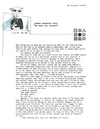
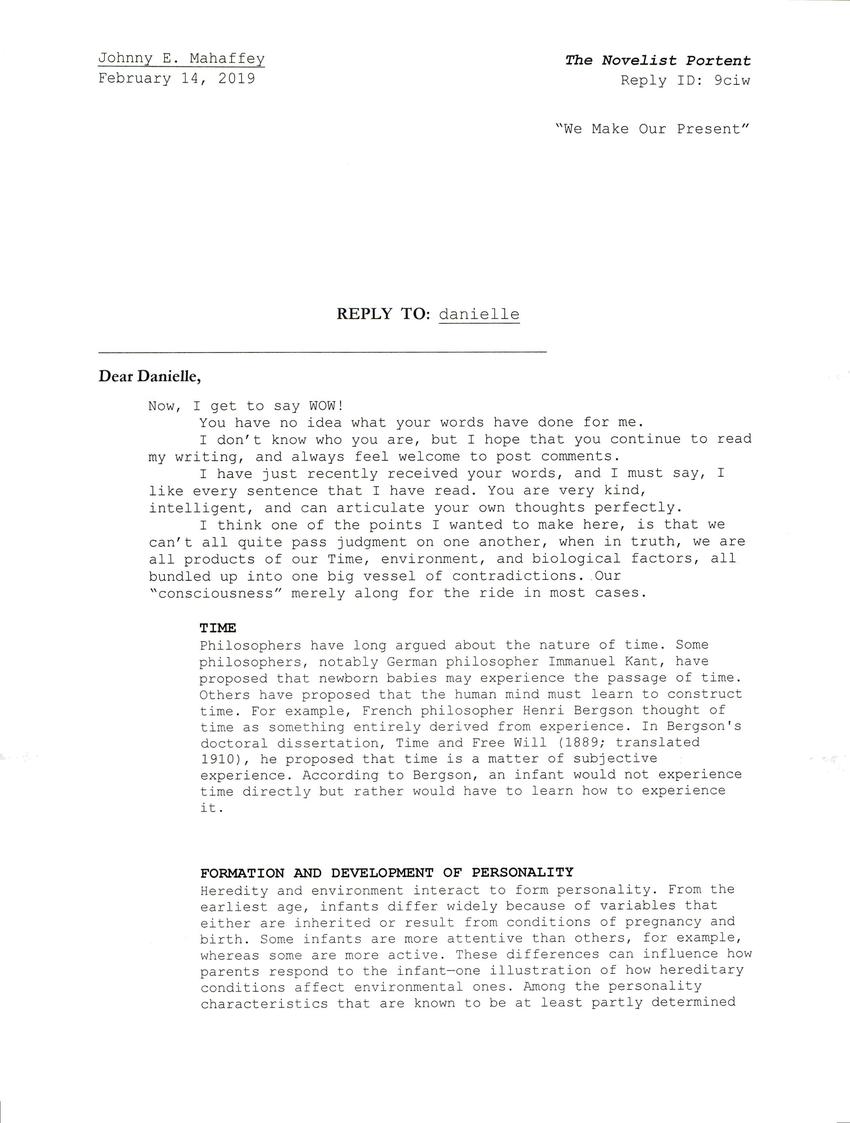
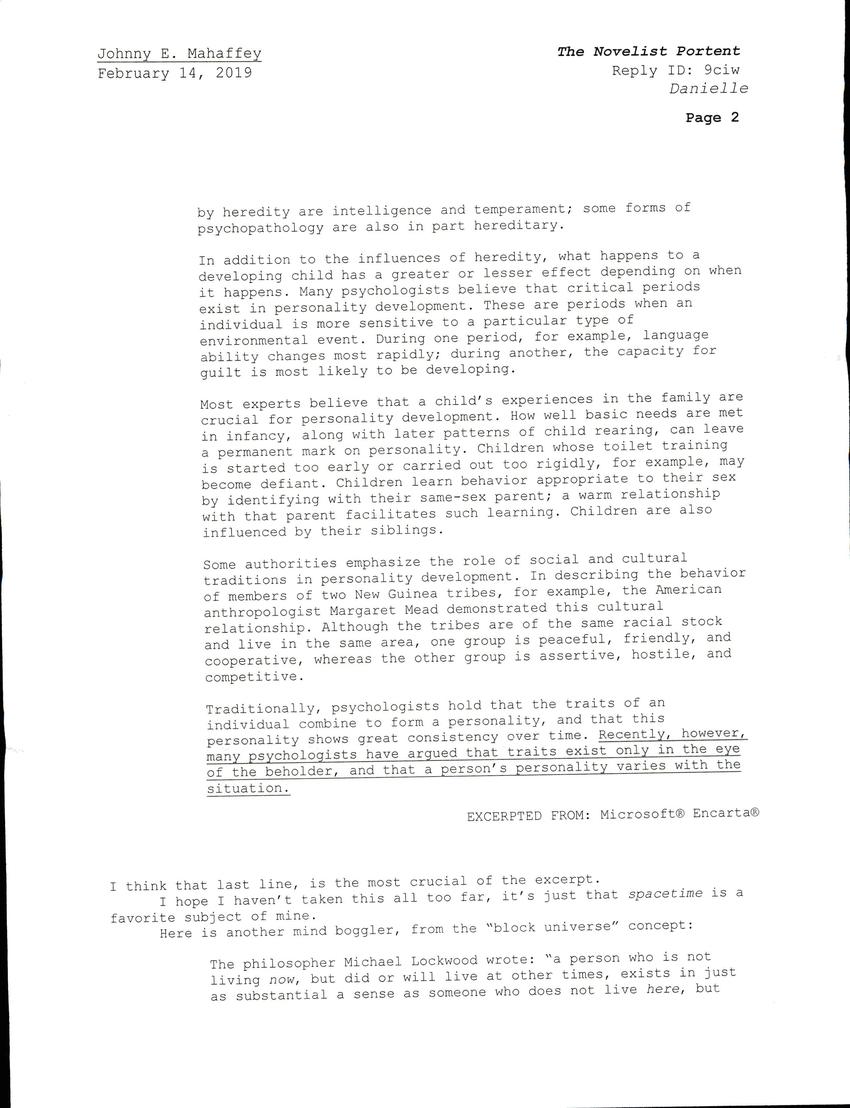
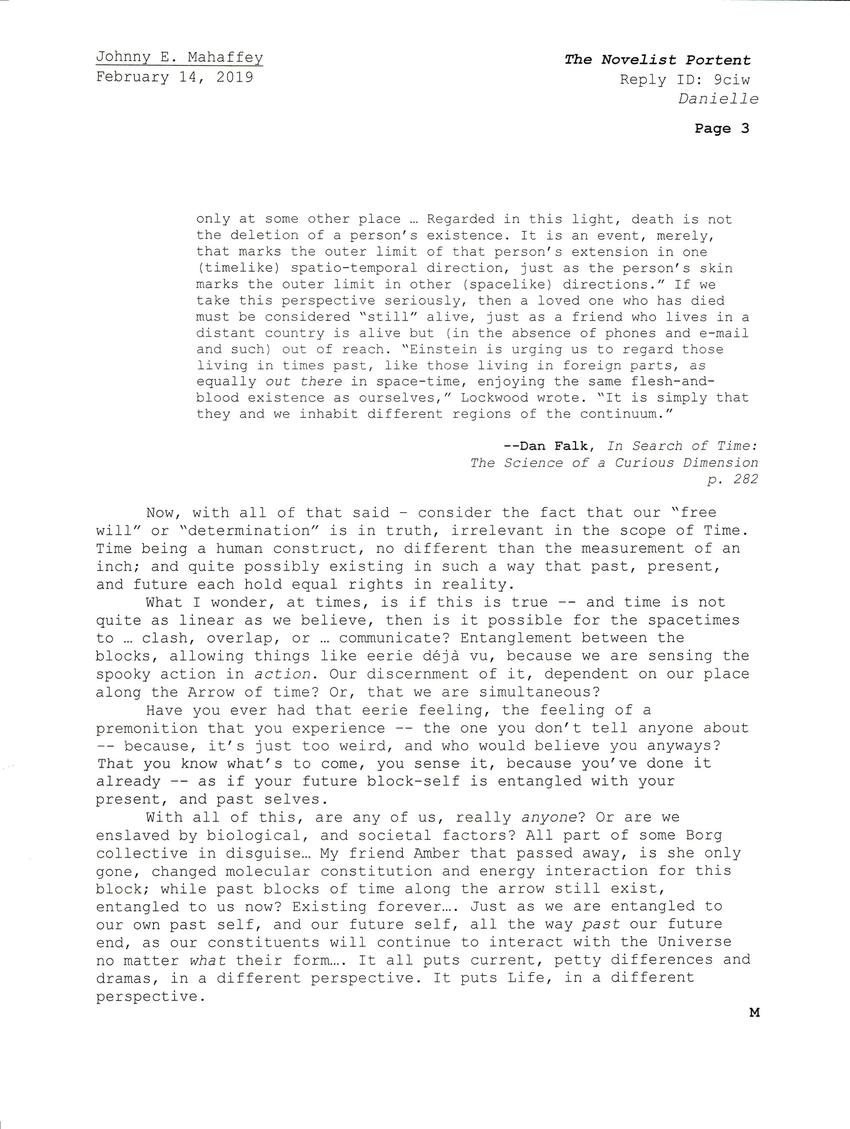

Replies